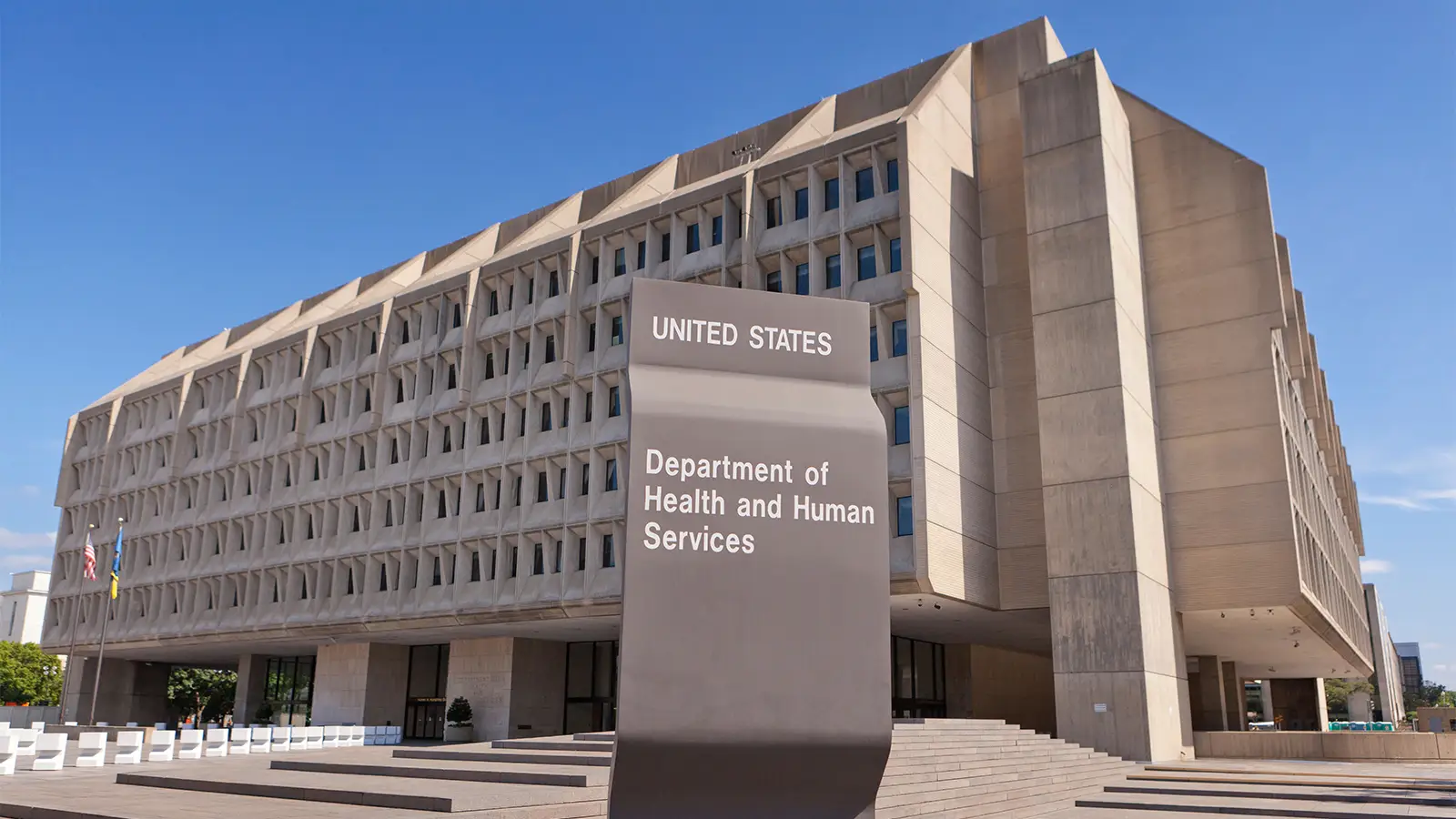On Wednesday, the Biden administration unveiled plans to implement new health privacy safeguards designed to prevent the misuse of protected health information in lawsuits or investigations against individuals who assist in providing abortion services. Senior officials from the administration provided information about the proposed changes, which will be put forth by the Department of Health and Human Services' (HHS) Office for Civil Rights.
These changes aim to establish a "federal baseline" for medical privacy, according to a senior administration official. Vice President Kamala Harris is set to announce the updated regulations, which seek to bolster the existing privacy protections under the Health Insurance Portability and Accountability Act of 1996. The announcement will occur during a meeting with a reproductive health care task force on Wednesday afternoon.
This announcement comes in response to recent challenges to abortion rights, such as a ruling by a Texas federal judge appointed by former President Donald Trump, which sought to suspend the FDA's longstanding approval of the abortion drug mifepristone. The Biden administration has since appealed the ruling in a federal court.
The HHS's proposed regulations focus on prohibiting the use or disclosure of protected health information that could identify, investigate, prosecute, or sue individuals, healthcare providers, and others involved in seeking or providing abortion services. This proposal comes as a response to concerns raised by opponents of laws in states like Louisiana, Oklahoma, and Texas, which allow lawsuits against those who help facilitate abortions. Last week, Idaho became the first state to criminalize aiding with out-of-state abortions.
In a document outlining the proposal, the White House emphasized the "renewed importance" of protecting sensitive health information in light of these legislative efforts. The suggested rule would continue to permit regulated entities such as health insurance companies or providers to use or disclose protected health information for legitimate purposes under the privacy rule. However, such requests would be disallowed if their primary goal is to investigate or impose liability on any person for seeking or facilitating lawful reproductive care.









